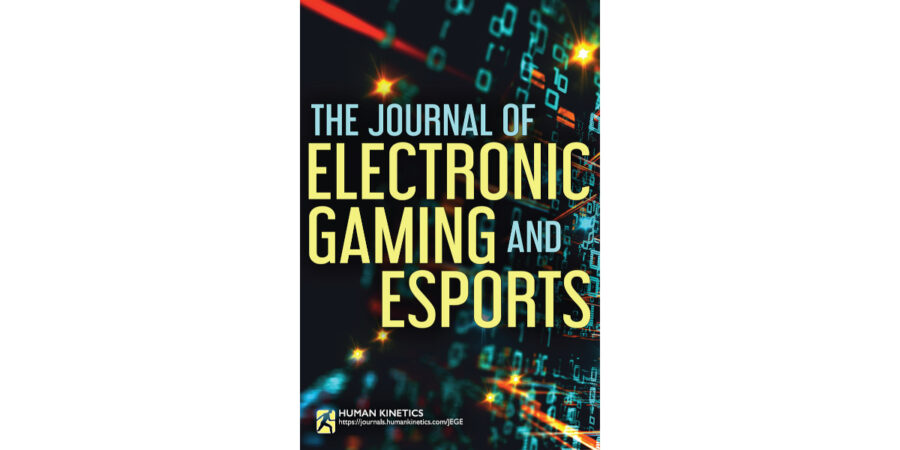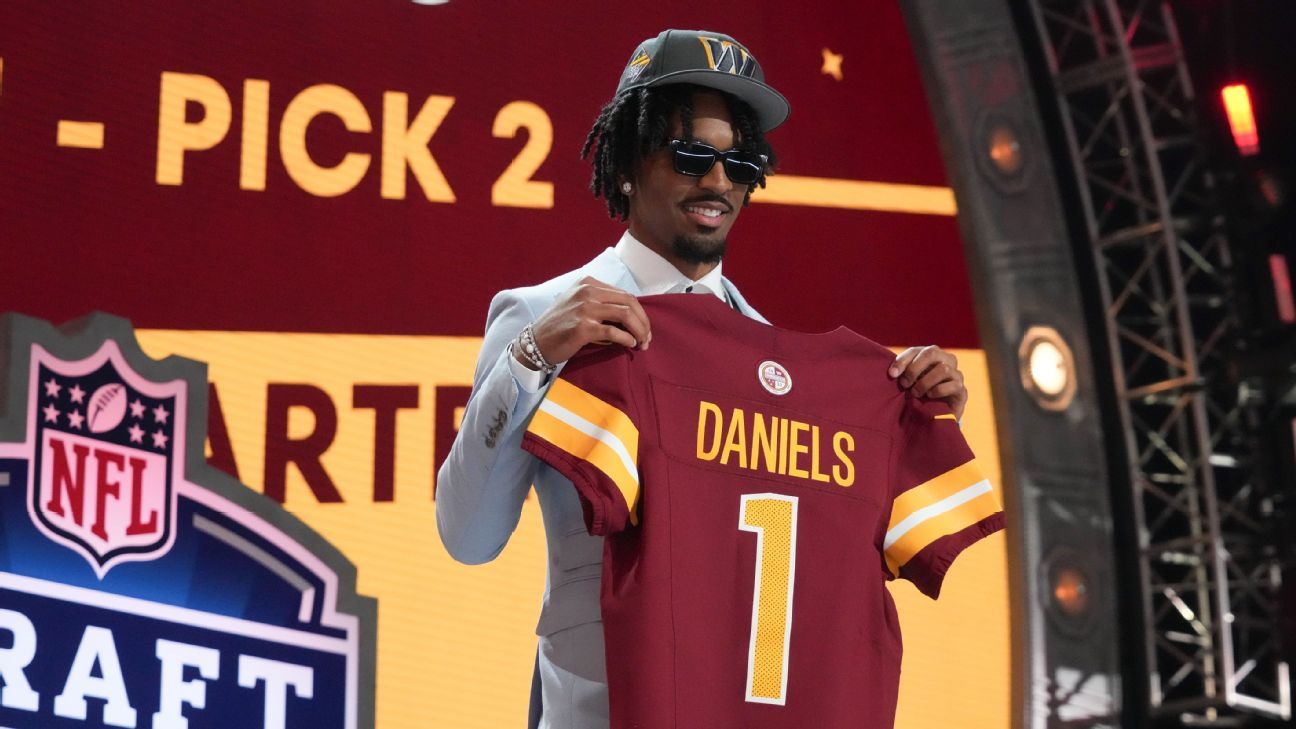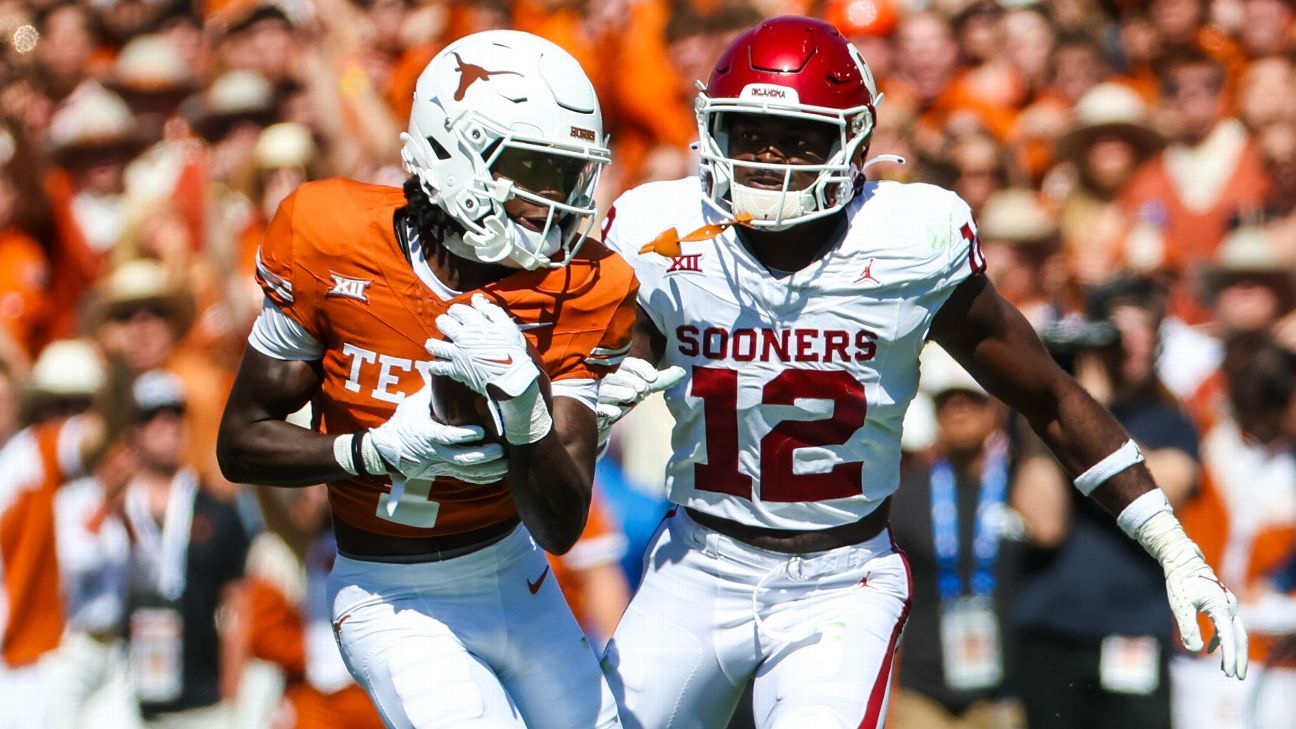JEGE Special Issue 01: Diversity and Sustainability in Electronic Gaming and Esports
SPECIAL ISSUE GUEST EDITORS:
Emma Vossen
Amanda Cullen
Kishonna Gray
Taylor Hardwick
BerNadette Lawson-Williams
John Cash
Tobias Scholz
David P. Hedlund
INFORMATION ABOUT THE SPECIAL ISSUE
The esports and gaming ecosystem is constantly changing, with new games, new technology and ever-evolving stakeholders (e.g., players, fans, consumers, event organizers and managers, governing bodies, game developers etc.) (Hedlund et al., 2021; Scholz, 2020; Taylor, 2012). If esports and gaming strive to be an international and inclusive activity for everyone, then understanding the diversity of electronic gaming and esports and how they intersect with essential topics such as gender, identity, racism, multiculturalism, equality, accessibility, inclusion, sustainability, environmentalism, globalism (and glocalism), just to name a few, are of utmost importance. Hypothetically, esports should allow for equality that is rarely possible in sports, but research shows that successful participation depends on overcoming a range of cultural, social, material and physical factors (also see Anderson & Johnson, 2021).
Esports has long been entrenched in what T.L. Taylor (2012) calls “systems of mastery and exclusion,” in which it is difficult for anyone who does not fit the normative concept of the “gamer” to thrive. This is further compounded by how gaming culture unfolds in the esports space. There have been times when this reality had become more evident to the larger gaming public, such as in 2012 when contestant Miranda “Super Yan” Pakozdi was publicly and repeatedly sexually harassed on the esports reality show Cross Assault for nine days before forfeiting (Harper, 2014). In 2016 Kim “Geguri” Se-Yeon, the first woman to play in the Overwatch League, was accused of cheating because it was “unbelievable” a woman could be that skilled (Cullen, 2018; Ashcraft, 2016), or when one league put a limit on the number of queer and transgender women who were allowed to compete in a women’s League of Legends tournament due to their perceived “unfair advantage” (McWhertor, 2015; Witkowski, 2018). These norms also vary based on specific esports subcultures. The fighting game community, for example, is situated “in a culture where even the best and brightest of women players are treated with disdain, hatred, and abuse” (Harper, 2014). Even exceptional non-binary esports athletes such as Dominique “SonicFox” McLean, who “cemented their position as the best Mortal Kombat player of the last decade” among numerous awards and accolades, are often subjected to harassment and trolling behaviour (Ennis, 2019; Joho, 2019). Chiquita Evans, the first woman drafted into the NBA 2K League in 2019, had faced competitive disadvantages in previous years where teammates refused to play with her (Dator, 2019). Based on many of these examples, it is easy to see why many women’s esports competitions and events are unfortunately perceived as, at best, highly controversial and, at worst, examples of their inherent lack of skill (Taylor, 2012; Vossen, 2018; Witkowski, 2018). At the same time, when diverse esports athletes achieve high levels of success, as noted by Chiquita Evans, “Women have actually come to me and told me I was an inspiration, and so it wouldn’t be right for me to give up, because they believe in me” (Dator, 2019).
Intersecting with these gendered concerns is the rapidly increasing issue of harassment, racism and inequality in gameplay spaces. Braithwaite (2016) recounted numerous examples of esports culture filled with sexist, homophobic, misogynistic, racist and toxic behaviors. Marginalized players have been forced to develop coping strategies for dealing with the inescapable harassment that takes place in gaming spaces (Cote, 2017). This year, 83% of adults and 60% of children faced harassment while gaming online (ADL, 2021). Eight percent of those adults and ten percent of those children reported: “being exposed to discussions in online multiplayer games around white supremacist ideology” (ADL, 2021). These findings align with research that highlights how voice chat in online games is frequently a sight of vocal profiling and gendered, racist, and homophobic harassment, which is incredibly intense for people of colour (Fletcher, 2020; Gray 2011; Gray, 2014; Nakamura, 2013). Addressing diversity issues will help to improve the overall sustainability of esports.
Finally, we must also contend with the role of electronic gaming and esports in global economic, political and environmental processes. As Partin (2017) argues, it is essential to make sense of the political, economic, and socio-technical apparatus that enables gaming and esports to continue for profit. Partin suggests that we need to lift the veil on ‘sports’ as a typical framing for competitive gaming and reveal the inequities that reside in publisher-owned distribution platforms and cloud computing services. Indeed, Brock and Johnson (2020, 2021) stress that changing models of game monetization provides new contexts for productive labour and consumption. Related to these concerns is the need to pay more attention to the American and Eurocentrism that dominates discussions about electronic gaming and esports. As Mukherjee (2017) argues, games research tends to neglect questions about empire and colonialism, which shapes the ethics and politics of game design and culture. Harrer (2018) too demonstrates how neocolonial themes in games casually reproduce racism for the sake of entertainment. Lastly, we must also examine the environmental impact of electronic gaming and games. As Abraham (2020) notes, it is often a trope when discussing the game industry to celebrate its size and success whilst overlooking (or downplaying) its role in climate change. Abraham argues that research needs to pay more attention to the sustainability of electronic gaming at a time when the United Nations is calling for the industry to take action (also see Dyer-Witheford and de Peuter, 2021).
We are interested in submissions from any discipline including but not limited to: Social Sciences, Environmental Sciences, Kinesiology, Sports and Exercise Science, Cultural Studies, Humanities, Game Studies, Gender Studies, Critical Race Studies, Disability Studies, Fan Studies, Human-Computer Interaction and Health Sciences.
Potential topics include but are not limited to:
Games, culture, and identity
- Prejudice, stigmas and inequalities (racism, sexism, homophobia, transphobia, ableism etc.) in gaming and esports
- Toxicity and “esportspersonship” in online gaming and media
- Age discrimination in competitive and online play
- Social stratification and monetization in gaming
- Streaming challenges and opportunities
- esports fans and audiences
- Sexualization and/or commodification of players and bodies
- Online and in-person harassment
- Competitive vs casual players
- Disability, accessibility, and gameplay
- Health, illness, and injury
- Stereotype threat and competitive play
- Economic, social and ecological sustainability in gaming
- Activism in games and competitions
- Esports work: labour and employment conditions
- Sexual assault and discrimination in the workplace (including Twitch, competitive gaming, and the industry)
- Healthy gaming lifestyles
- Organizing games and competitions for an inclusive and safer world
- Inclusive online gaming platforms
- Building inclusive gaming and esports facilities of the future
- Politics in gaming and esports organizations and communities
- Inclusive governance of esports
- Challenges and opportunities facing esports franchises and investors
Important Dates:
Initial Abstracts (maximum 1000 words) Deadline: March 1, 2022
Abstracts should be emailed to: jege.si.das@gmail.com
Initial Submission Responses Sent Out By: April 15, 2022
Full Paper Submission: October 1, 2022
Manuscripts submitted through ScholarOne: https://mc.manuscriptcentral.com/hk_jege
Anticipated Publication: End of 2022/Early 2023
Manuscripts rejected for the special issue will be considered for standard publishing in JEGE. Additional questions can be directed to any of the special issue guest editors.
References:
Abraham, B. (2020). Towards carbon neutral gaming: Report on the carbon disclosure in game development project. In Proceedings of DiGRA 2020 Conference. Retrieved from http://digraa.org/wp-content/uploads/2020/01/DiGRAA_2020_paper_35.pdf.
Anderson, S. L., & Johnson, M. R. (2021). Gamer identities of video game live streamers with disabilities. Information, Communication & Society, 1-16.
Anti-Defamation League. (2021). “Hate Is No Game: Harassment and Positive Social Experiences in Online Games 2021.” New York: Anti-Defamation League. https://www.adl.org/hateisnogame.
Ashcraft, Brian. (2016). “Korean Woman Kicks Ass At Overwatch, Gets Accused Of Cheating [Update].” Kotaku. June 21, 2016. https://kotaku.com/korean-woman-kicks-ass-at-overwatch-gets-accused-of-ch-1782343447.
Braithwaite, A. (2016). It’s about ethics in games journalism? Gamergaters and geek masculinity. Social Media+Society, 2(4), 1–10.
Brock, T, Johnson, M. (2021). The Gamblification of Digital Games, Journal of Consumer Culture, 21(1), p.3-13.
Cote, Amanda C. (2017). “I Can Defend Myself: Women’s Strategies for Coping With Harassment While Gaming Online.” Games and Culture 12 (2): 136–55. https://doi.org/10.1177/1555412015587603.
Cullen, Amanda L. (2018). “‘I Play to Win!’: Geguri as a (Post)Feminist Icon in Esport”.” Feminist Media Studies: 18 (5): 948–52.
Dator, James. (2019). “Chiquita Evans becomes first woman to be drafted into the NBA 2K League.” SB Nation, March 6, 2019. https://www.sbnation.com/lookit/2019/3/6/18253138/chiquita-evans-nba-2k-league-draft-warriors.
Dyer-Witheford, N., & de Peuter, G. (2021). Postscript: Gaming while empire burns. Games and culture, 16(3), 371-380.
Ennis, Dawn. (2019). “Outsports Non-Binary Person of the Year: SonicFox.” Outsports, December 26, 2019. https://www.outsports.com/2019/12/26/21037665/sonicfox-outsports-non-binary-person-2019-gaming-esports.
Fletcher, A. (2020). eSports and the color line: Labor, skill and the exclusion of black players. In Proceedings of the 53rd Hawaii International Conference on System Sciences.
Gray, Kishonna L. (2011). “Intersecting Oppressions and Online Communities: Examining the Experiences of Women of Color in Xbox Live.” Information, Communication & Society 15 (3): 411–28.
———. (2014). Race, Gender, and Deviance in Xbox Live: Theoretical Perspectives from the Virtual Margins. London: Routledge.
Harper, Todd. (2014). The Culture of Digital Fighting Games: Performance and Practice. Routledge Studies in New Media and Cyberculture. New York: Routledge, Taylor & Francis Group.
Harrer, S. (2018). “Casual Empire: Video Games as Neocolonial Praxis”, Open Library of Humanities 4(1), p.5. doi: https://doi.org/10.16995/olh.210
Hedlund, D. P., Fried, G., & Smith R. (2021). Esports Business Management. Champaign, IL: Human Kinetics
Johnson, M., Brock, T. (2020). The Gambling Turn in Digital Game Monetization, Journal of Gaming and Virtual Worlds, 12(2), p.145-163.
Joho, Jess. (2019). “SonicFox is changing the game for esports in mainstream culture.” Mashable, March 6, 2019. https://mashable.com/article/sonicfox-dominique-mclean-interview-esports-mainstream.
McWhertor, Michael. (2015). “League of Legends Competition Places Discriminatory Limit on LGBTQ Players.” Polygon (blog). February 3, 2015. https://www.polygon.com/2015/2/3/7971609/league-of-legends-esports-tournament-lgbtq.
Mukherjee, S. (2017) Videogames and Postcolonialism. Palgrave Macmillan.
Nakamura, Lisa. (2013). “‘It’s a Nigger in Here! Kill the Nigger!’: User-Generated Media Campaigns Against Racism, Sexism, and Homophobia in Digital Games.” In The International Encyclopedia of Media Studies, edited by Angharad Valdivia, 1–15. Blackwell Publishing. https://lnakamur.files.wordpress.com/2013/04/nakamura-encyclopedia-of-media-studies-media-futures.pdf.
Partin, W. (2017). Esports is Dead! Long Live Esports! Retrieved from: https://medium.com/@willpartin/esports-is-dead-long-live-esports-319e850d713b
Scholz, T. M. (2019). eSports is Business – Management in the World of Competitive Gaming. Cham Switzerland: Palgrave Macmillan.
Scholz, T. M. (2020). Deciphering the World of eSports. International Journal on Media Management, 22(1), 1-12.
Summerley, R. (2020). The development of sports: A comparative analysis of the early institutionalization of traditional sports and e-sports. Games and Culture, 15(1), 51-72.
Taylor, T. L. (2012). Raising the Stakes: E-Sports and the Professionalization of Computer Gaming. Cambridge, MA: MIT Press.
Vossen, Emma. (2018). “On the Cultural Inaccessibility of Gaming: Invading, Creating, and Reclaiming the Cultural Clubhouse.” University of Waterloo. https://uwspace.uwaterloo.ca/handle/10012/13649.
Witkowski, Emma. (2018). “Doing/Undoing Gender with the Girl Gamer in High-Performance Play.” In Feminism in Play, edited by Kishonna L. Gray, Gerald Voorhees, and Emma Vossen. Palgrave Games in Context. Cham: Palgrave Macmillan.




Recent Comments